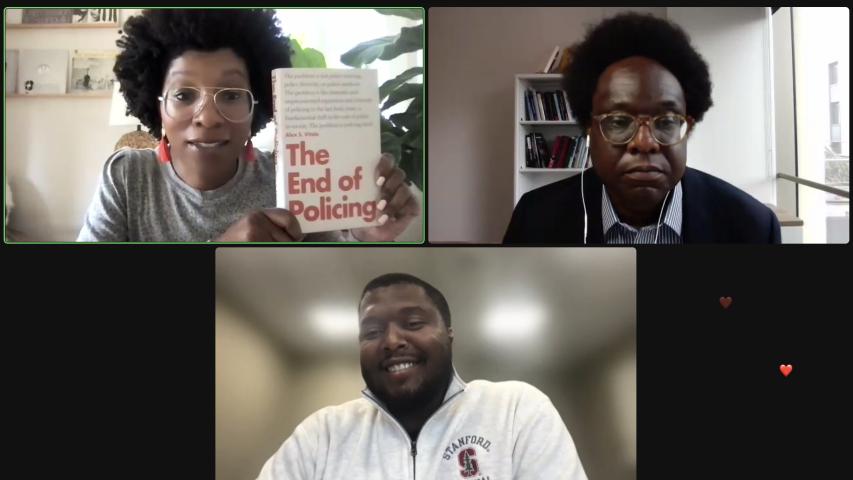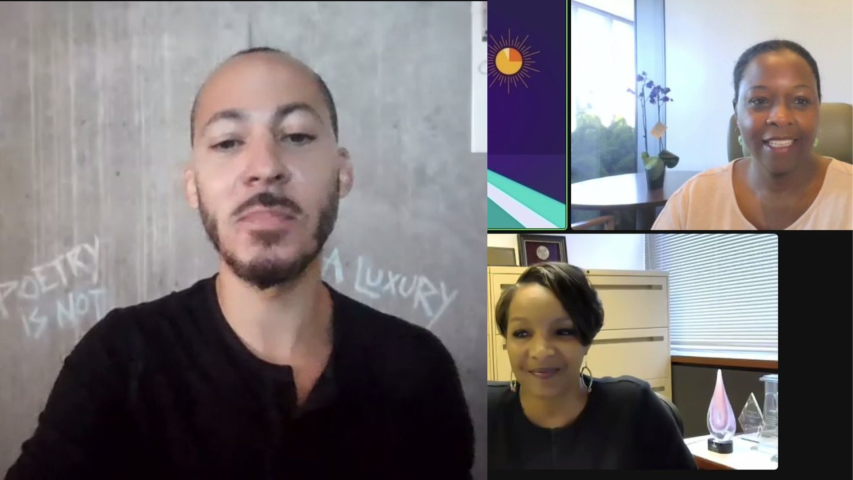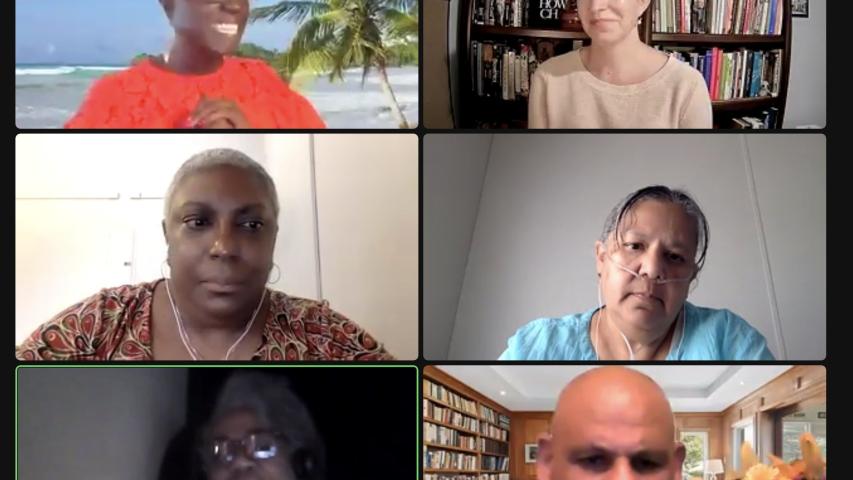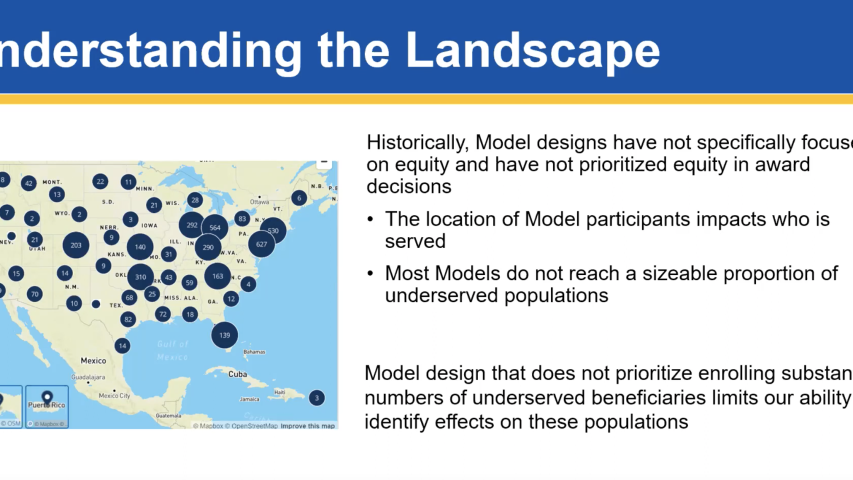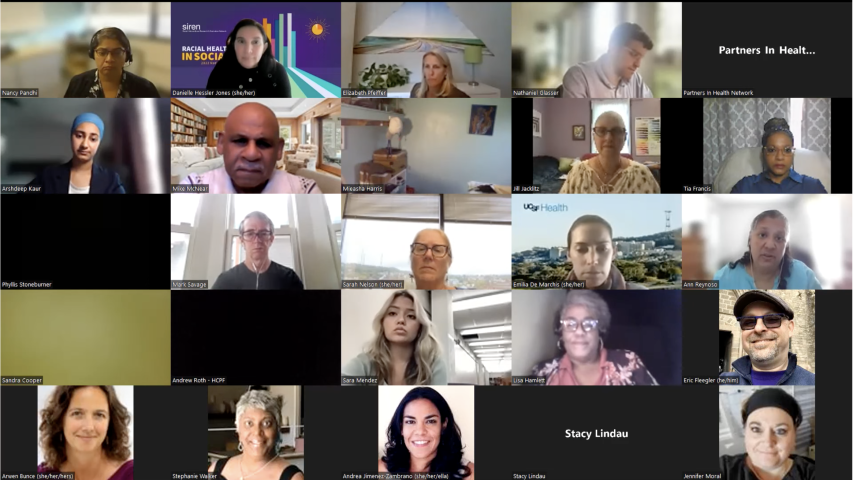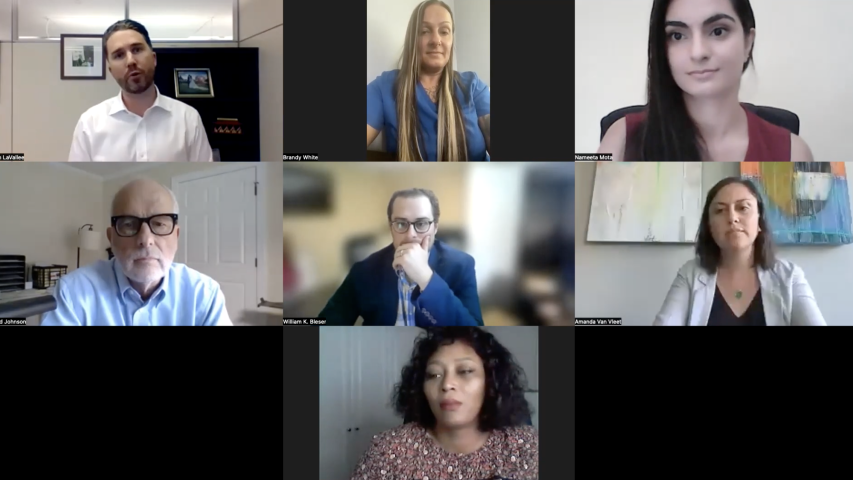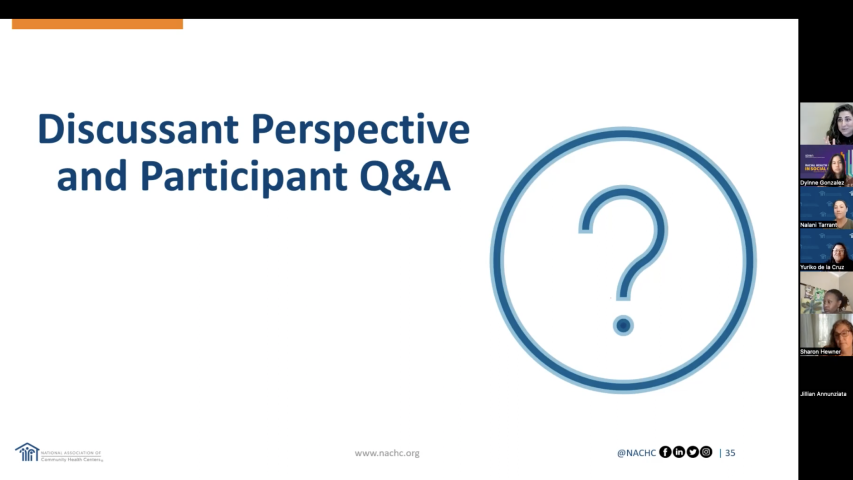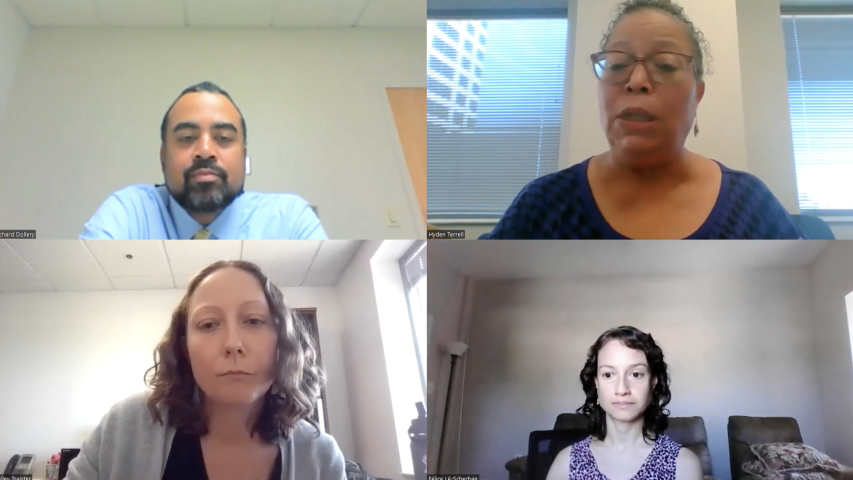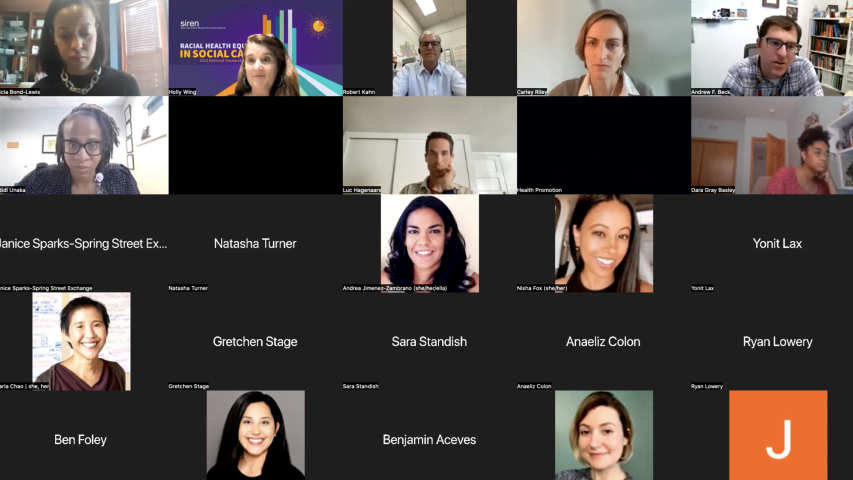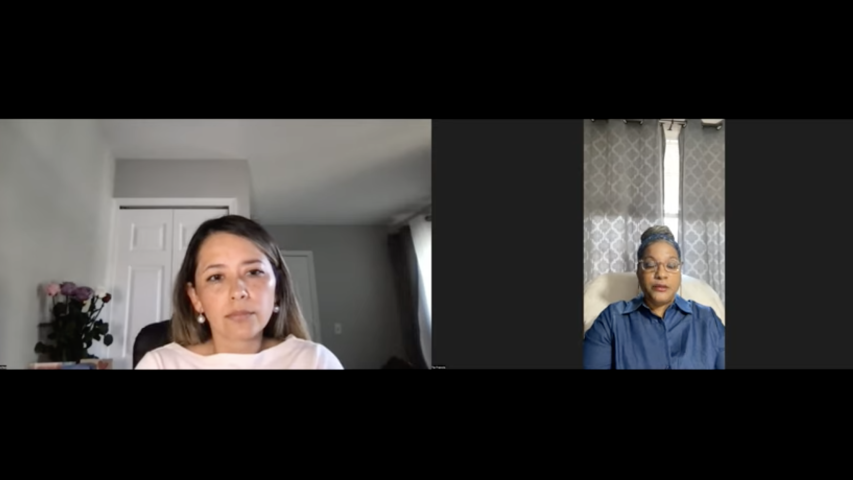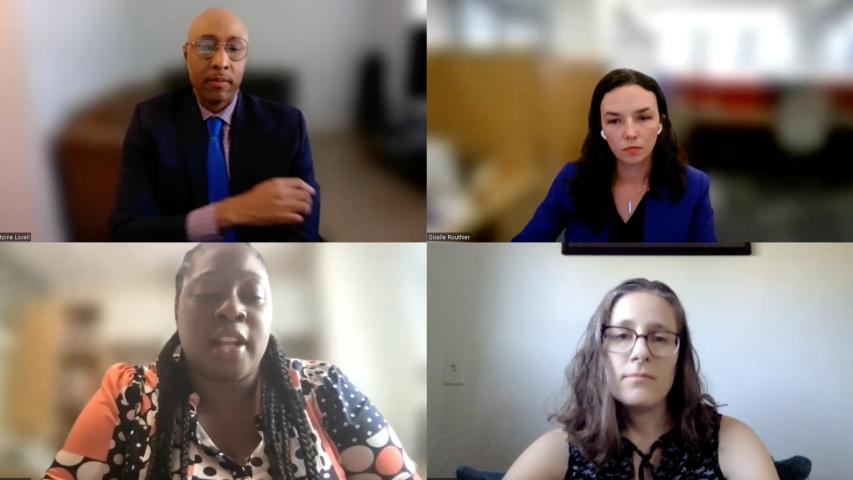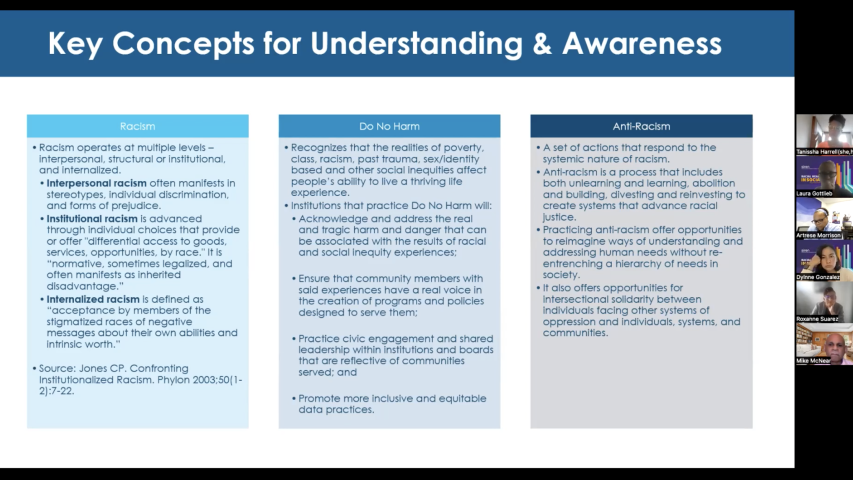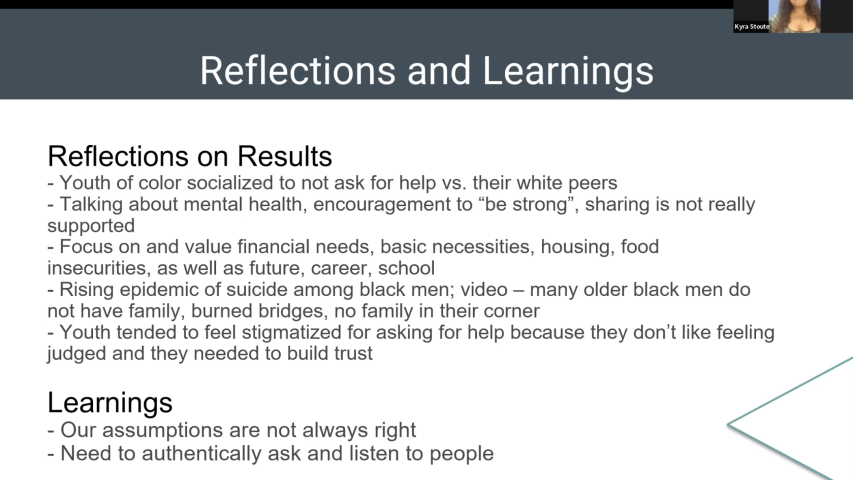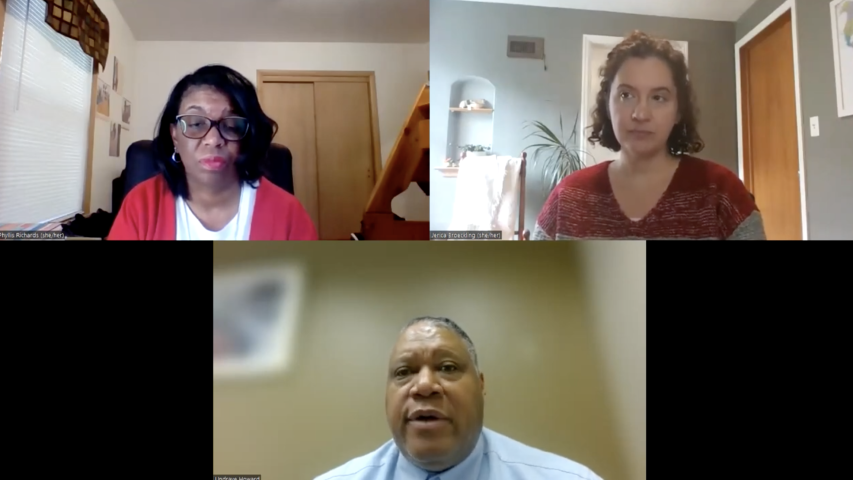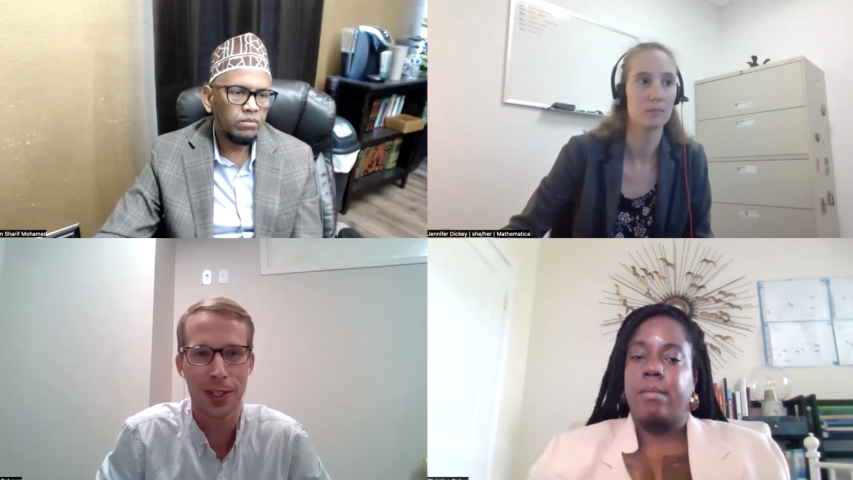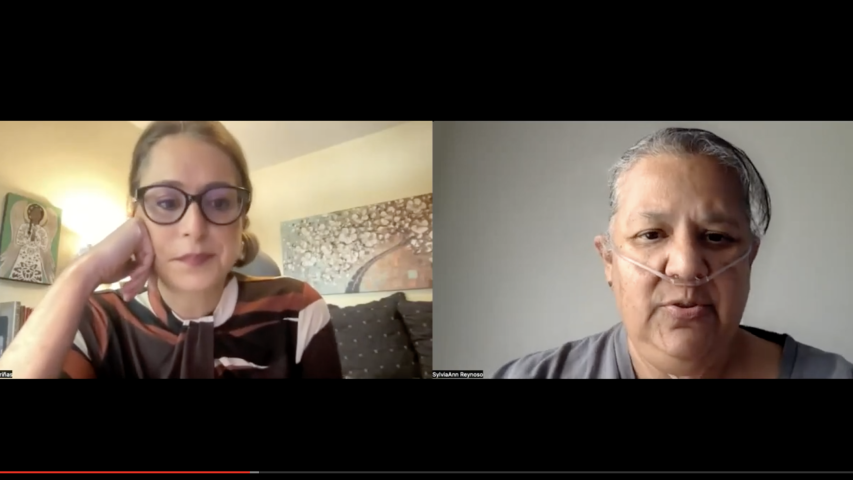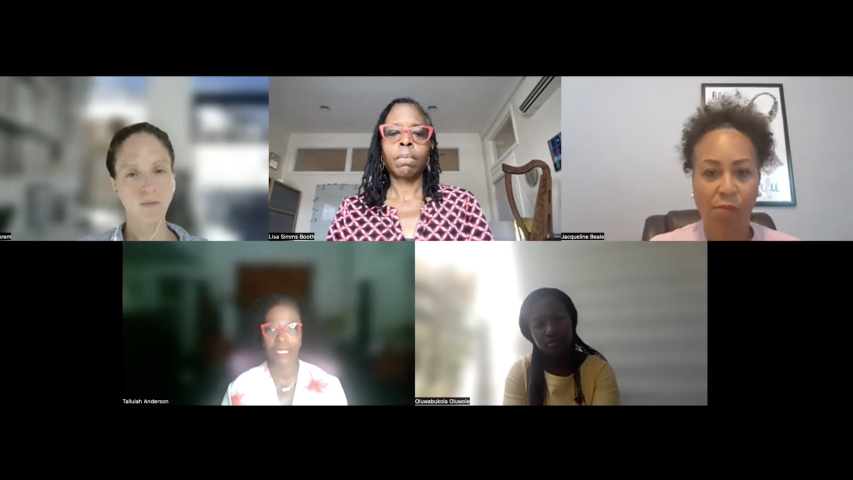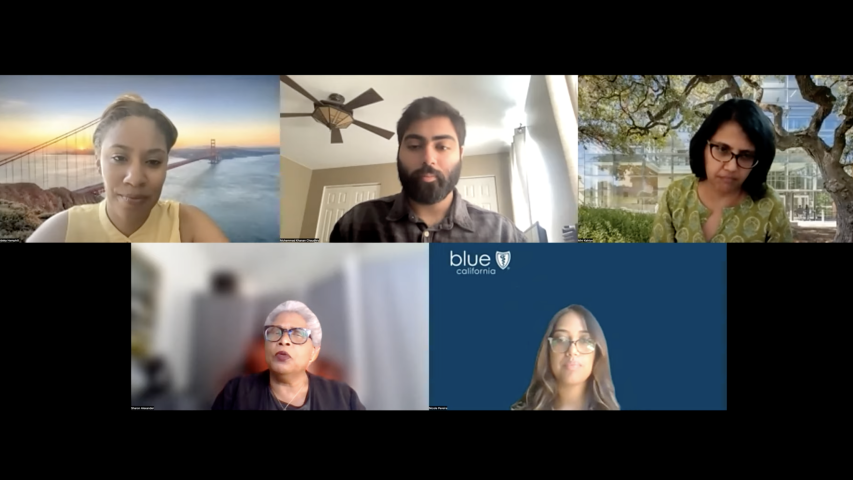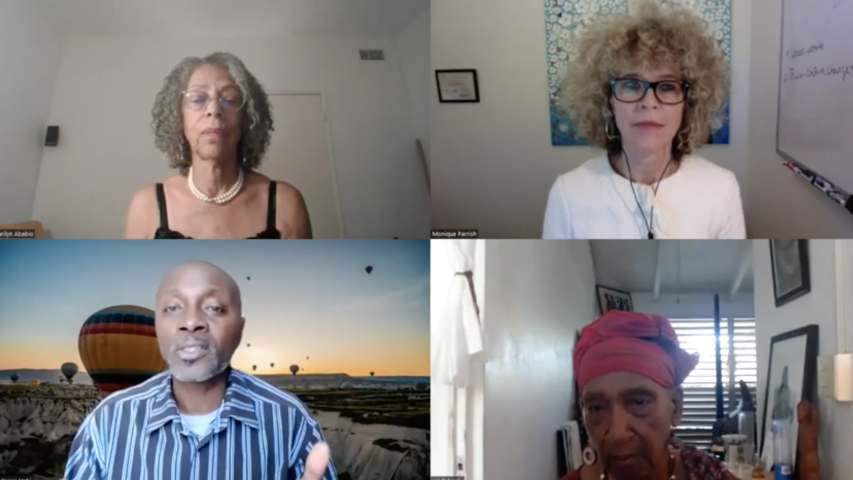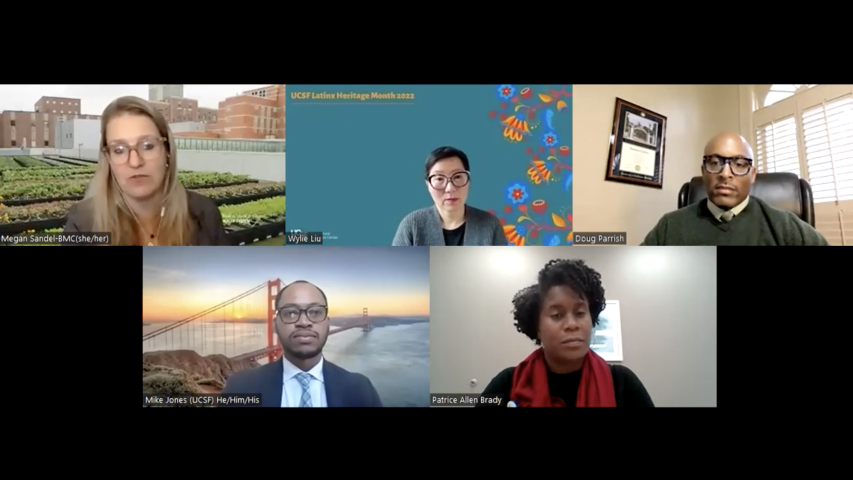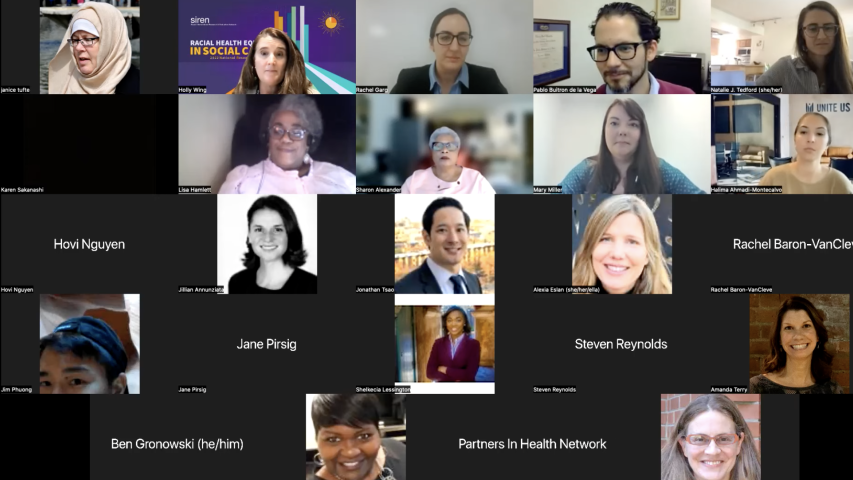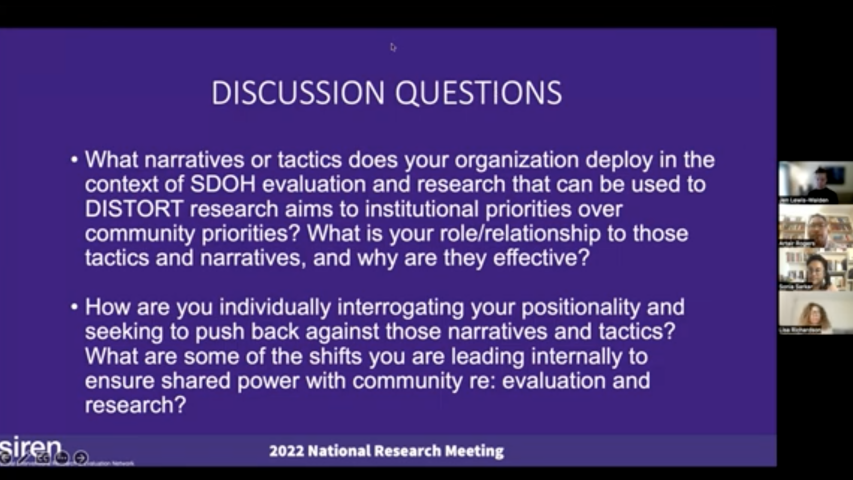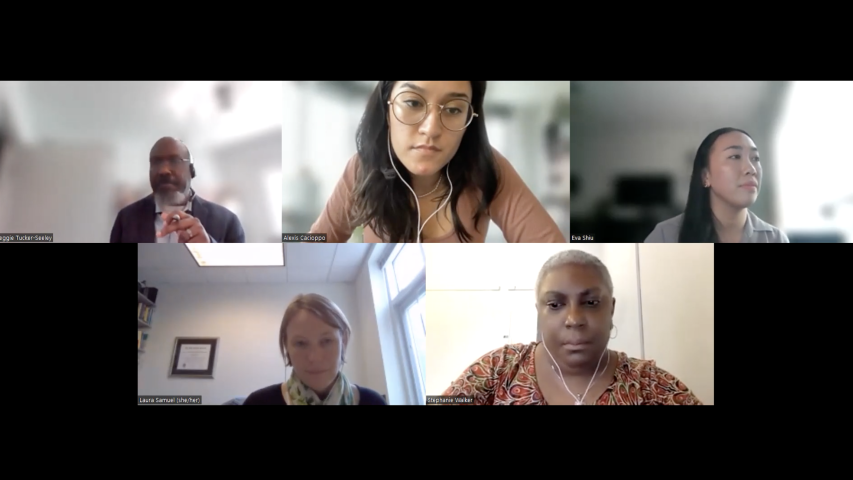Why did SIREN hold this meeting?
As health care professionals increasingly try to improve health by addressing patients’ social risks and communities’ social conditions, a practice that is coming to be known as ‘social care,’ they must both reckon with and devise strategies to counteract the racism that is built into our countries’ communities, institutions, systems, and policies, including those related to health care and social services. Otherwise, instead of fulfilling its potential as a strategy to build racial health equity, social care is likely to perpetuate, or even worsen, racial health inequities. Likewise, researchers generating evidence to inform these efforts must also examine how racist beliefs, practices, and systems impact their work in order to ensure social care research advances racial health equity goals. For more information about our meeting’s guiding principles and how meeting content was developed, read our Call for Proposals (PDF). Our safe and brave meeting agreements can be found here.
Meeting Advisors
- Sharon Alexander, Lived experience advisor
- Rebekah Angove, Patient Advocate Foundation
- Mateo Banegas, University of California San Diego School of Medicine
- Pablo Buitrón de la Vega, Boston University School of Medicine and Boston Medical Center
- Rosy Chang Weir, Association of Asian Pacific Community Health Organizations
- Damon Francis, Alameda Health System and Health Leads
- Tiajuanna Thames Francis, Lived experience advisor
- Robyn Golden, Rush University Medical Center and Rush University
- Lisa Hamlett, Lived experience advisor
- Tanissha Harrell, 211 San Diego
- Mini Kahlon, Dell Medical School at the University of Texas at Austin and Factor Health
- Rishi Manchanda, HealthBegins
- Michael McNear, Lived experience advisor
- Nameeta Mota, Lived experience advisor
- Kara Odom Walker, Nemours Children’s Health System
- Ann Reynoso, Lived experience advisor
- Stephanie Walker, Lived experience advisor
Funding
This conference was supported by grant number 1R13HS028366-01 from the Agency for Healthcare Research and Quality (AHRQ), U.S. Department of Health and Human Services (HHS), grant number 20210883 from the Kaiser Permanente National Community Benefit Fund at the East Bay Community Foundation, and grant number 75922 from the Robert Wood Johnson Foundation (RWJF). The authors are solely responsible for this page’s contents, which do not necessarily represent the views of AHRQ, Kaiser Permanente, or RWJF. Readers should not interpret any statement in this document as an official position of AHRQ, HHS, Kaiser Permanente, or RWJF. None of the authors has any affiliation or financial involvement that conflicts with the material presented on this webpage.
